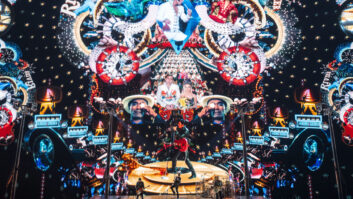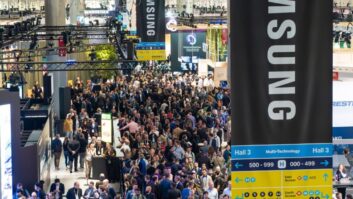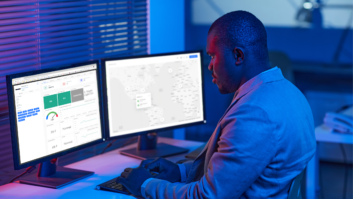
Marine and residential installations comprise the bulk of activity for UK-based company Sensory International. With activity levels in both spheres on the rise again, it seemed like a timely moment for David Davies to catch up with Sensory International’s Chris Ramsbottom to find out more about the company’s past, present and future.
Please tell me about the early days of Sensory International.
The Sensory organisation was basically put together around 2003 by a customer of ours who had a system put into his own house and recognised a gap in the market for [a company that would install] the very best systems with the highest level of service available.
We started with a small number of staff and three distinct sections: residential, commercial and marine. The residential installers were AV-specific guys; the commercial staff had been doing IT installations into facilities including police stations; and the marine people were effectively two ex-super-yacht captains that helped bring that side of the business into the company.
With marine we were aware that people spending a great deal of money to either own or charter a yacht with the highest level of service. The system installed needs to benefit the environment, [and] a guest needs to be able to understand and navigate the entertainment controls as if it were second nature.
Has marine remained a key part of the business?
Very much so. These days, we are about 50-50 marine and residential; we don’t do too many commercial installations. We remained busy with marine work during the recession – a lot of marine projects can take 2-4 years from cutting steel to sea trials – although the number of people building boats declined when people stopped lending money in late 2008/2009. So yes, the market did receive a hit, but in my view it has recovered pretty quickly [during the last year].
A lot of companies that work in this area tend to be specifically marine-orientated, but we can’t be put into that box as we cross disciplines. We don’t just install entertainment/AV systems, we also handle security and IT. The ability to provide multiple disciplines under one banner is a big part of the service we offer.
Do you have any favoured AV brands, or do you tend to look at systems on a project-by-project basis?
We do have favourite brands – the likes of Crestron, AMX and Lutron – but at the same time look we at each job on its own merits and specify accordingly.
Is the iPad having a significant influence on approaches to system control?
Without a shadow of a doubt, the control point has changed, and when the iPad arrived we embraced it with both arms. You do have to look at the iPad and what it is; you have to understand the product, its capabilities and its limitations. That said, we have some early adopters with 20-plus iPads on the one site.
In terms of how the iPad has revolutionised what we are doing, it has changed the amount of money that customers are spending on control. However, this doesn’t mean they are spending less overall; instead, they are investing more in other areas, such as home theatre.
Ultimately, [high-end systems like this] are a lifestyle choice. Whatever the project, a vital part of our job is to give people our informed opinion and help them to select solution that best suits their particular requirements.







